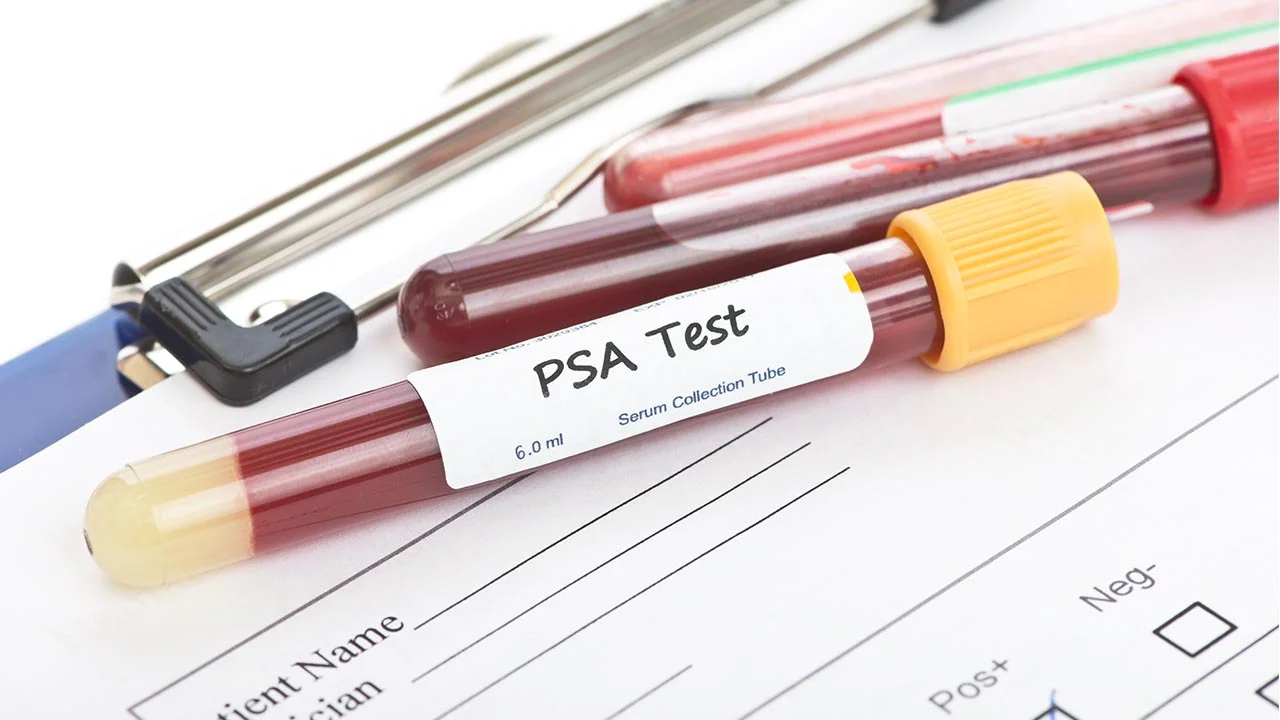What men need to know after a diagnosis of prostate cancer
/Like any person diagnosed with cancer, the ones who tend to manage it best are those who understand their disease in detail, who know what treatment options are available, the stage of their disease, and their prognosis.
Read More








